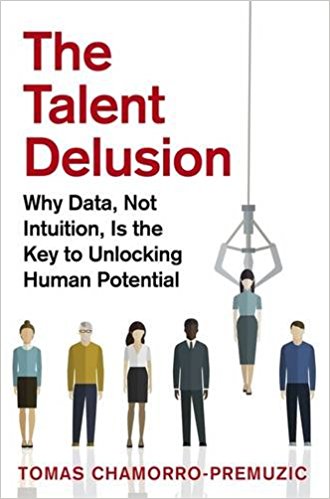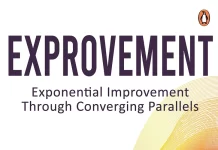
It’s no longer a war for talent rather it’s going to be war ON talent. That’s the billion dollar give-away by the author, who is an authority in psychological profiling, talent management and people analytics. He teaches at University College London and Columbia University and has taught at London School of Economics.
The author emphases that psychology, instead of the current methods, has to be the science for understanding people. It should be a pivotal tool for solving people problems, he adds. The book hopes to educate leaders on how to measure, predict and manage talent. It provides data-driven solutions to the common problems encountered with employee selection, development and engagement.
The interesting part of the book is the chapter on ‘The dark side of talent’. It examines why very talented people resort to the counter-productive work behaviors. 
Despite the central importance of talent management in the real world of business, there is a huge scientific-practitioner gap in talent management. The author believes that “Leadership development and talent management industries have largely been corrupted by wishy-washy advice from self-proclaimed experts and unqualified gurus. Thinking around talent has been hijacked by the self-help movement, and the result is a proliferation of populist and toxic advice, ungrounded in science yet highly effective at misleading HR practitioners and decision-makers in their talent-related activities.”
This disconnect, the author believes has resulted in the ubiquitous trends of – passive job-seeking, appeal of self-employment, and the rise of entrepreneurship. “Almost 20 years after the concept of war for talent was first introduced, we have made no visible progress on winning this war. A substantial amount of money and resources have been devoted to this war, and much like the wars on drugs or terror, without results.”
The author has offered ‘future talent identification tools such as gamification, digital interviews/voice profiling, professional social networks and crowd-sourced reputation/
peer rating.
But no one will be able to, at any time, prevent people from thinking that they are more talented than they actually are.









